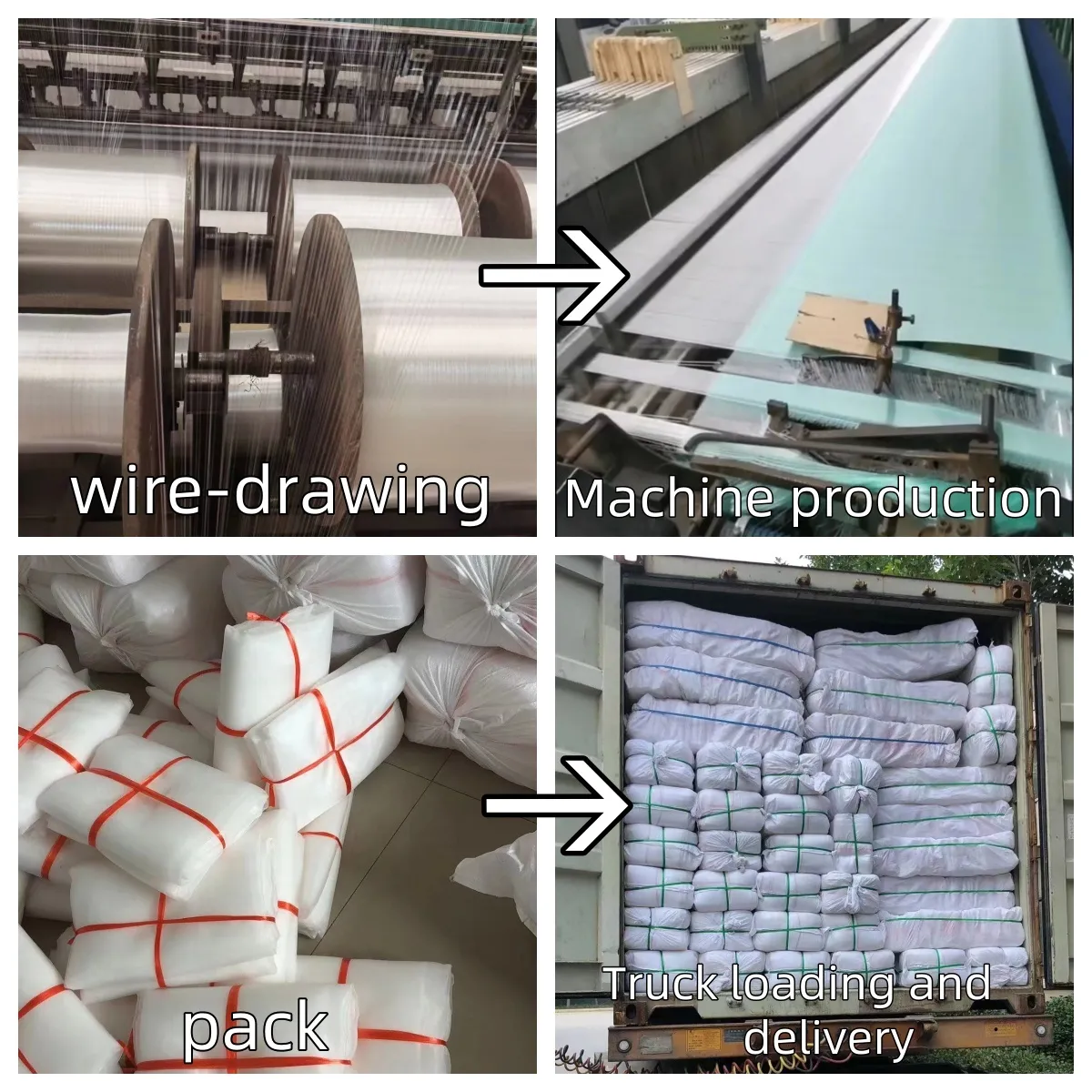-
 Afrikaans
Afrikaans -
 Albanian
Albanian -
 Amharic
Amharic -
 Arabic
Arabic -
 Armenian
Armenian -
 Azerbaijani
Azerbaijani -
 Basque
Basque -
 Belarusian
Belarusian -
 Bengali
Bengali -
 Bosnian
Bosnian -
 Bulgarian
Bulgarian -
 Catalan
Catalan -
 Cebuano
Cebuano -
 China
China -
 Corsican
Corsican -
 Croatian
Croatian -
 Czech
Czech -
 Danish
Danish -
 Dutch
Dutch -
 English
English -
 Esperanto
Esperanto -
 Estonian
Estonian -
 Finnish
Finnish -
 French
French -
 Frisian
Frisian -
 Galician
Galician -
 Georgian
Georgian -
 German
German -
 Greek
Greek -
 Gujarati
Gujarati -
 Haitian Creole
Haitian Creole -
 hausa
hausa -
 hawaiian
hawaiian -
 Hebrew
Hebrew -
 Hindi
Hindi -
 Miao
Miao -
 Hungarian
Hungarian -
 Icelandic
Icelandic -
 igbo
igbo -
 Indonesian
Indonesian -
 irish
irish -
 Italian
Italian -
 Japanese
Japanese -
 Javanese
Javanese -
 Kannada
Kannada -
 kazakh
kazakh -
 Khmer
Khmer -
 Rwandese
Rwandese -
 Korean
Korean -
 Kurdish
Kurdish -
 Kyrgyz
Kyrgyz -
 Lao
Lao -
 Latin
Latin -
 Latvian
Latvian -
 Lithuanian
Lithuanian -
 Luxembourgish
Luxembourgish -
 Macedonian
Macedonian -
 Malgashi
Malgashi -
 Malay
Malay -
 Malayalam
Malayalam -
 Maltese
Maltese -
 Maori
Maori -
 Marathi
Marathi -
 Mongolian
Mongolian -
 Myanmar
Myanmar -
 Nepali
Nepali -
 Norwegian
Norwegian -
 Norwegian
Norwegian -
 Occitan
Occitan -
 Pashto
Pashto -
 Persian
Persian -
 Polish
Polish -
 Portuguese
Portuguese -
 Punjabi
Punjabi -
 Romanian
Romanian -
 Russian
Russian -
 Samoan
Samoan -
 Scottish Gaelic
Scottish Gaelic -
 Serbian
Serbian -
 Sesotho
Sesotho -
 Shona
Shona -
 Sindhi
Sindhi -
 Sinhala
Sinhala -
 Slovak
Slovak -
 Slovenian
Slovenian -
 Somali
Somali -
 Spanish
Spanish -
 Sundanese
Sundanese -
 Swahili
Swahili -
 Swedish
Swedish -
 Tagalog
Tagalog -
 Tajik
Tajik -
 Tamil
Tamil -
 Tatar
Tatar -
 Telugu
Telugu -
 Thai
Thai -
 Turkish
Turkish -
 Turkmen
Turkmen -
 Ukrainian
Ukrainian -
 Urdu
Urdu -
 Uighur
Uighur -
 Uzbek
Uzbek -
 Vietnamese
Vietnamese -
 Welsh
Welsh -
 Bantu
Bantu -
 Yiddish
Yiddish -
 Yoruba
Yoruba -
 Zulu
Zulu
Feb . 13, 2025 02:19
Back to list
airbag container
Flexible container bags, commonly known as FIBCs (Flexible Intermediate Bulk Containers), have been revolutionizing the way industries manage bulk material handling. From agriculture and construction to pharmaceuticals and chemicals, these bags offer an efficient, cost-effective, and sustainable solution to transport and store large quantities of materials. This article delves into the nuanced benefits, expert usage tips, and authoritative insights into flexible container bags, ensuring businesses optimize their operations while maintaining safety standards.
Authoritative organizations, such as the Flexible Intermediate Bulk Container Association (FIBCA), offer valuable resources and guidelines, ensuring that businesses remain compliant with industry standards. These entities emphasize the importance of FIBC testing and certification, which includes tensile strength, drop, and sift-proof tests, to ensure the containers can withstand various stress and environmental conditions during transport and storage. Adhering to these guidelines not only ensures safety but also enhances the credibility and reliability of businesses in competitive markets. Trustworthiness in the supply chain is vital, and flexible container bags contribute significantly to building this trust. From maintaining the integrity of products to ensuring timely delivery, FIBCs play a pivotal role. Their capacity to handle large volumes efficiently reduces the risk of delays caused by multiple handling requirements, thus improving turnaround times and customer satisfaction. In situations where contamination or tampering poses significant risk, FIBCs equipped with tamper-evident seals offer an additional layer of security, assuring clients of product safety upon arrival. Businesses worldwide have recognized the immense value flexible container bags bring to operations. Reporting positive returns on investment, industries utilizing FIBCs cite benefits such as reduced labor costs, enhanced storage efficiency, and minimized waste generation. For instance, a case study involving an agricultural firm revealed a 30% reduction in transportation costs after switching to flexible container bags from traditional methods, highlighting both financial and operational benefits. In conclusion, flexible container bags stand as a testament to innovation in the sphere of bulk material handling. Through expert insight, authoritative guidance, and trusted application, these containers enhance operational capabilities while aligning with modern sustainability goals. For industries poised to refine their supply chain and reduce environmental impact, embracing flexible container bags is not just an option but a significant step towards a more efficient and responsible future.


Authoritative organizations, such as the Flexible Intermediate Bulk Container Association (FIBCA), offer valuable resources and guidelines, ensuring that businesses remain compliant with industry standards. These entities emphasize the importance of FIBC testing and certification, which includes tensile strength, drop, and sift-proof tests, to ensure the containers can withstand various stress and environmental conditions during transport and storage. Adhering to these guidelines not only ensures safety but also enhances the credibility and reliability of businesses in competitive markets. Trustworthiness in the supply chain is vital, and flexible container bags contribute significantly to building this trust. From maintaining the integrity of products to ensuring timely delivery, FIBCs play a pivotal role. Their capacity to handle large volumes efficiently reduces the risk of delays caused by multiple handling requirements, thus improving turnaround times and customer satisfaction. In situations where contamination or tampering poses significant risk, FIBCs equipped with tamper-evident seals offer an additional layer of security, assuring clients of product safety upon arrival. Businesses worldwide have recognized the immense value flexible container bags bring to operations. Reporting positive returns on investment, industries utilizing FIBCs cite benefits such as reduced labor costs, enhanced storage efficiency, and minimized waste generation. For instance, a case study involving an agricultural firm revealed a 30% reduction in transportation costs after switching to flexible container bags from traditional methods, highlighting both financial and operational benefits. In conclusion, flexible container bags stand as a testament to innovation in the sphere of bulk material handling. Through expert insight, authoritative guidance, and trusted application, these containers enhance operational capabilities while aligning with modern sustainability goals. For industries poised to refine their supply chain and reduce environmental impact, embracing flexible container bags is not just an option but a significant step towards a more efficient and responsible future.
Next:
Latest news
-
Shipping Plastic Bags for Every NeedNewsJul.24,2025
-
Safety Netting: Your Shield in ConstructionNewsJul.24,2025
-
Plastic Mesh Netting for Everyday UseNewsJul.24,2025
-
Nylon Netting for Every UseNewsJul.24,2025
-
Mesh Breeder Box for Fish TanksNewsJul.24,2025
-
Expanded Steel Mesh Offers Durable VersatilityNewsJul.24,2025











